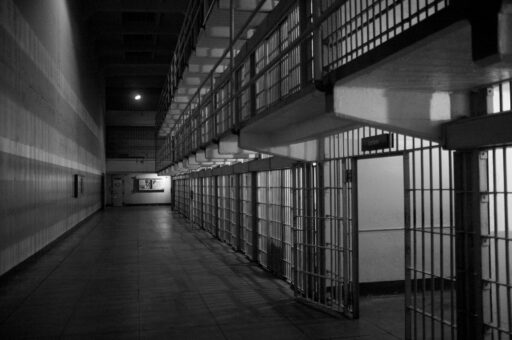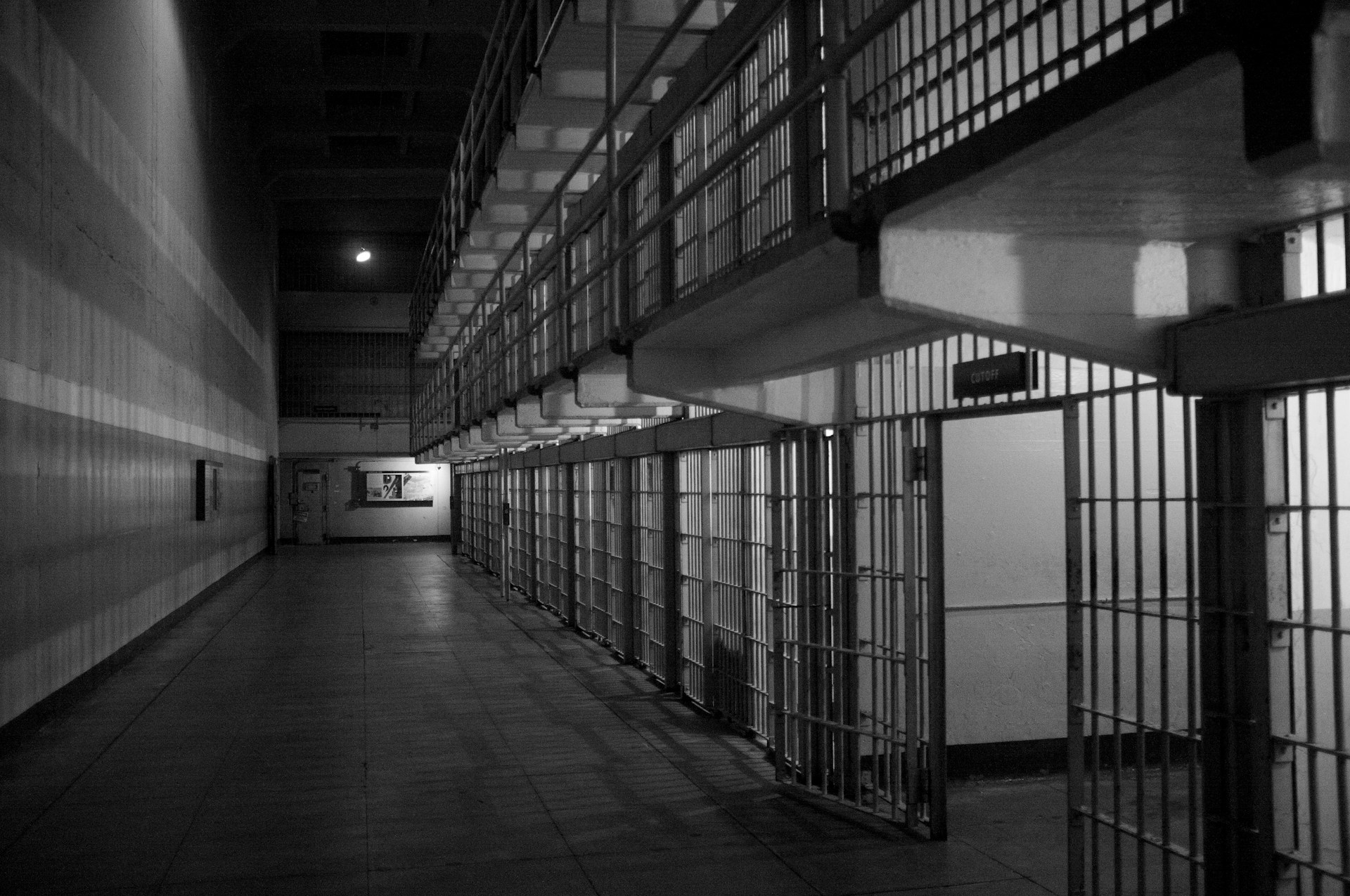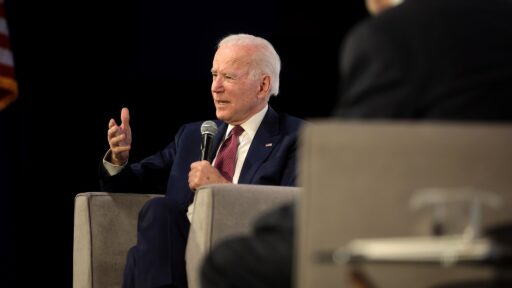Here’s what voters need to know.
In a significant ruling, the Nebraska Supreme Court has confirmed that Nebraskans with felony convictions who have completed their sentences are entitled to register to vote. This decision overturns the directive from the Nebraska Secretary of State, which had previously instructed county election officials not to accept these registrations.
The court’s order mandates immediate implementation of a law that allows individuals who have served their time to regain their voting rights without the previous two-year waiting period. This change, championed by a bipartisan coalition in the state legislature, recognizes the importance of reintegrating citizens into the democratic process.
In a statement, the court emphasized that the Secretary of State and local election officials must uphold the law as it stands. The ruling was particularly critical given the timing, as it comes just ahead of the upcoming election season, potentially impacting thousands of Nebraskans eager to participate in the electoral process.
This legal battle began when the Nebraska Attorney General, Mike Hilgers, suggested that only the Board of Pardons had the authority to restore voting rights, a claim the Supreme Court firmly rejected. The court found that the state legislature’s decision to eliminate the waiting period is valid and necessary for ensuring that those who have served their sentences can contribute to their communities as engaged citizens.
For many, this ruling represents more than just a legal victory; it embodies the core Republican value of second chances. Individuals like Jeremy Jonak, one of the plaintiffs in the case, expressed relief and gratitude, highlighting that many who have faced adversity are simply striving to rebuild their lives and participate in their communities.
As Nebraska approaches a critical election period, this ruling could significantly alter the political landscape, potentially impacting races across the state, including high-profile contests. It serves as a reminder that democracy thrives when every voice is heard, reinforcing the principle that all citizens, regardless of their past, should have a seat at the table.







